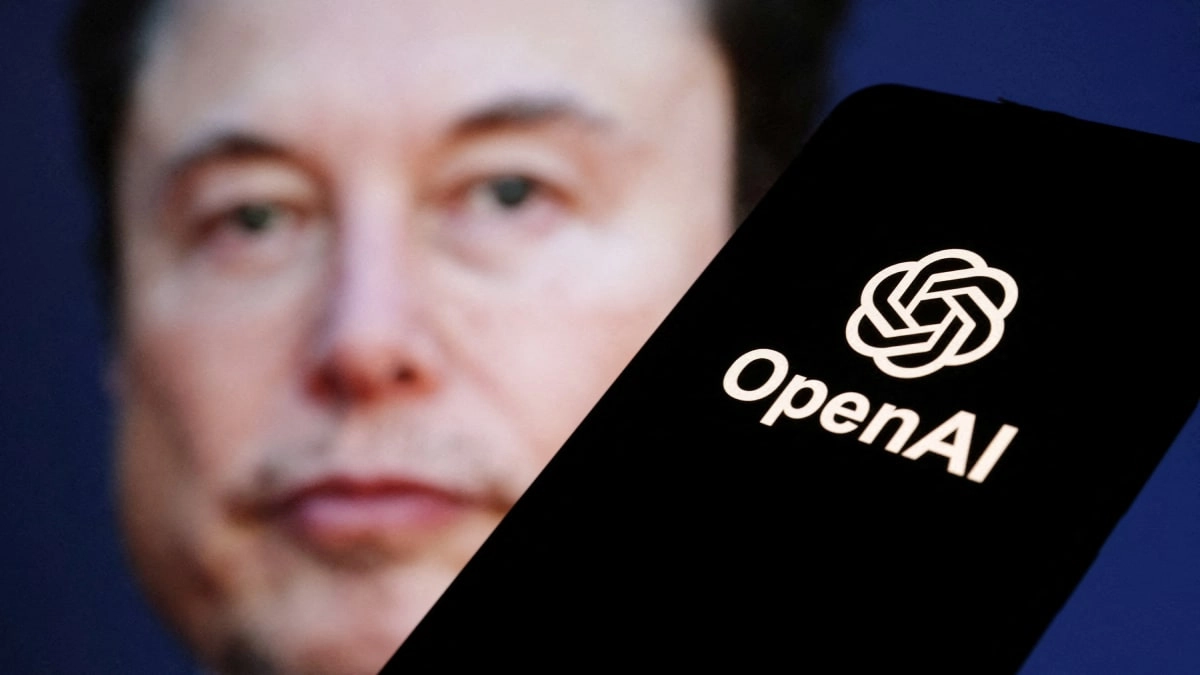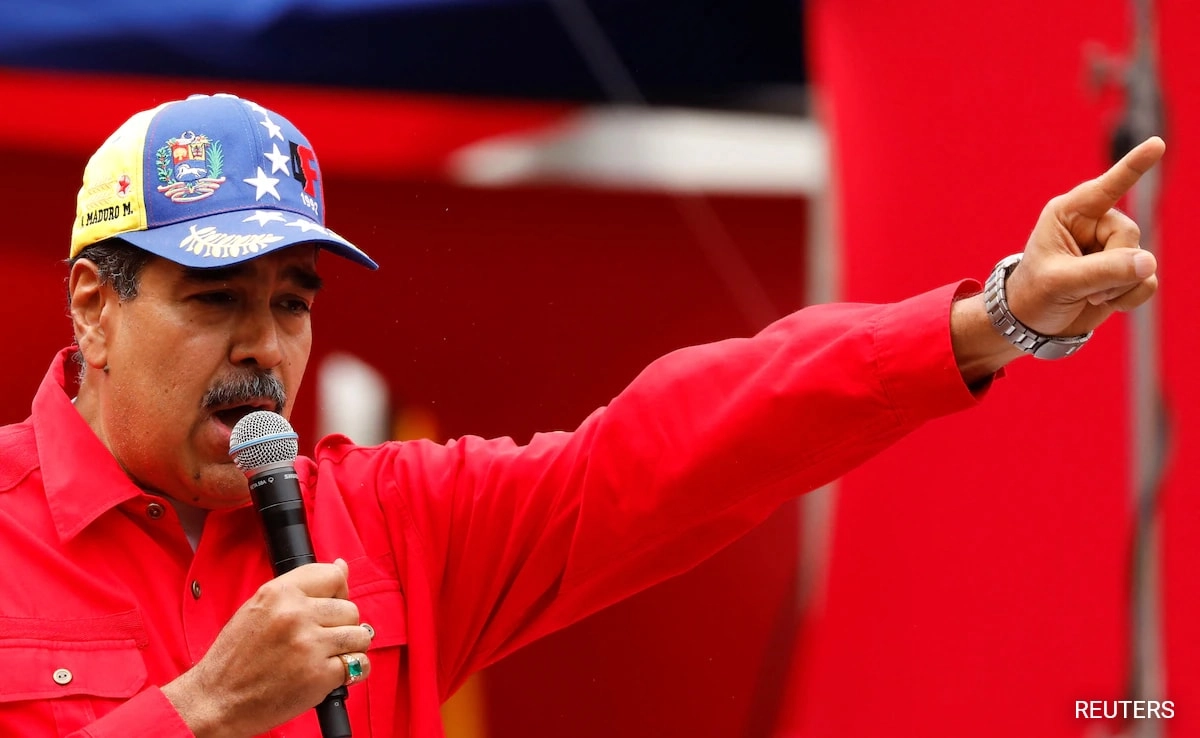Elon Musk’s legal team has taken a significant step in the ongoing tensions between high-profile tech companies by formally requesting a U.S. judge to prevent OpenAI from acquiring documents related to a bid made by Meta Platforms, Inc. This move highlights the competitive landscape in the artificial intelligence sector, where proprietary information and strategic decisions can have far-reaching implications. Musk’s concerns appear to center around the potential for OpenAI to leverage sensitive information that could influence its own business strategies or technological advancements.
The request comes amid heightened scrutiny of AI practices and the need for transparency in a rapidly evolving industry. Musk, notably a co-founder of OpenAI before stepping away from the nonprofit, has been vocal about the ethical considerations surrounding artificial intelligence. His legal team’s actions suggest a desire to safeguard not only his interests but also those of other stakeholders who may be impacted by the potential overlap of proprietary information between these two tech giants. The implications of such a legal battle could resonate far beyond the courtrooms, affecting investor confidence and public perception of both companies.
This legal maneuver underscores the complexities involved in the relationships between leading tech firms as they vie for dominance in the AI arena. The outcomes of such disputes can set precedents that shape the operational landscape for years to come, making it essential for concerned parties to protect their intellectual property. As the case unfolds, it will be interesting to see how the judge balances the need for transparency and competition against the necessity of protecting confidential business strategies. The stakes are undoubtedly high, as advancements in artificial intelligence continue to influence numerous sectors, ranging from healthcare to finance, making it imperative for companies to navigate these waters carefully.




